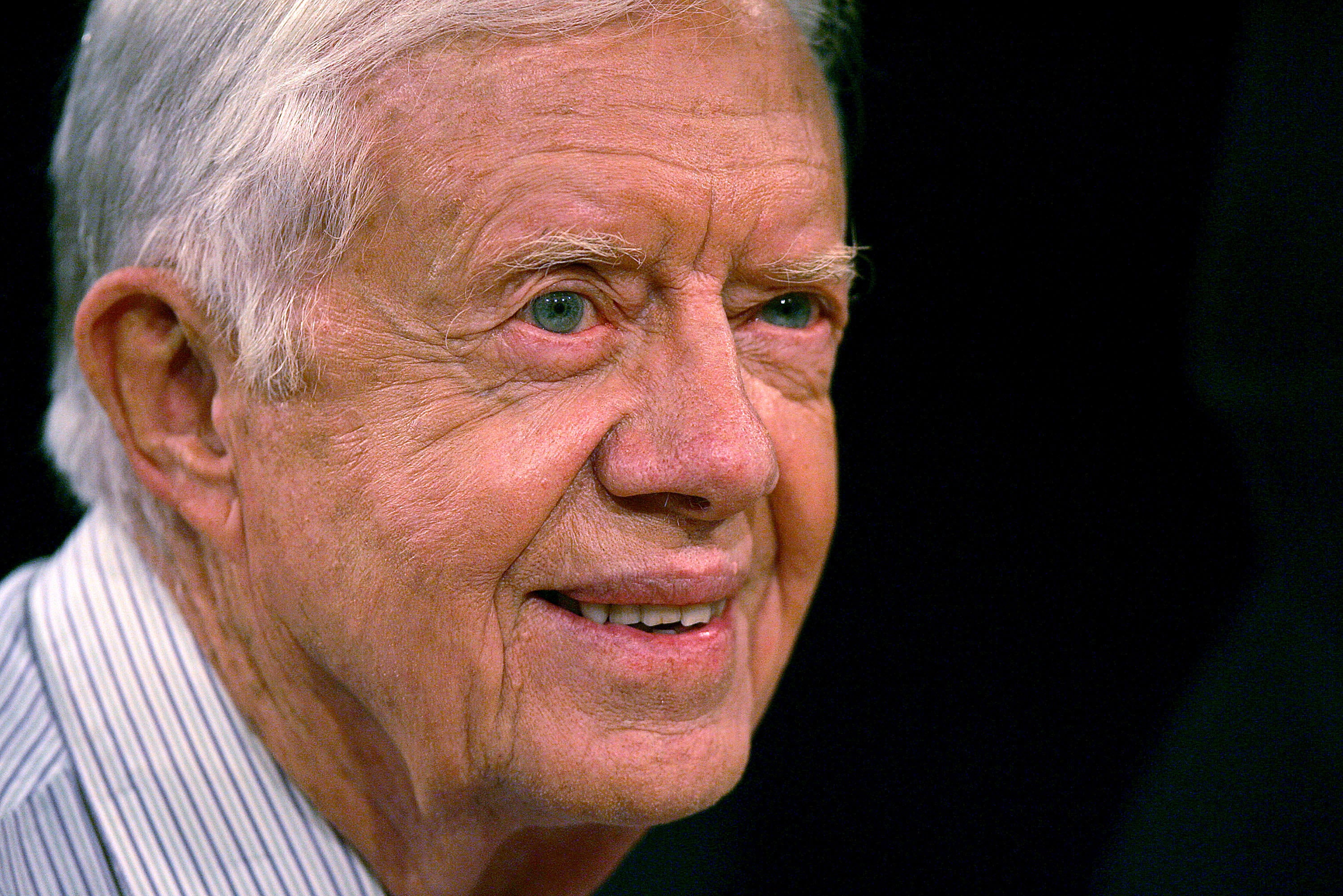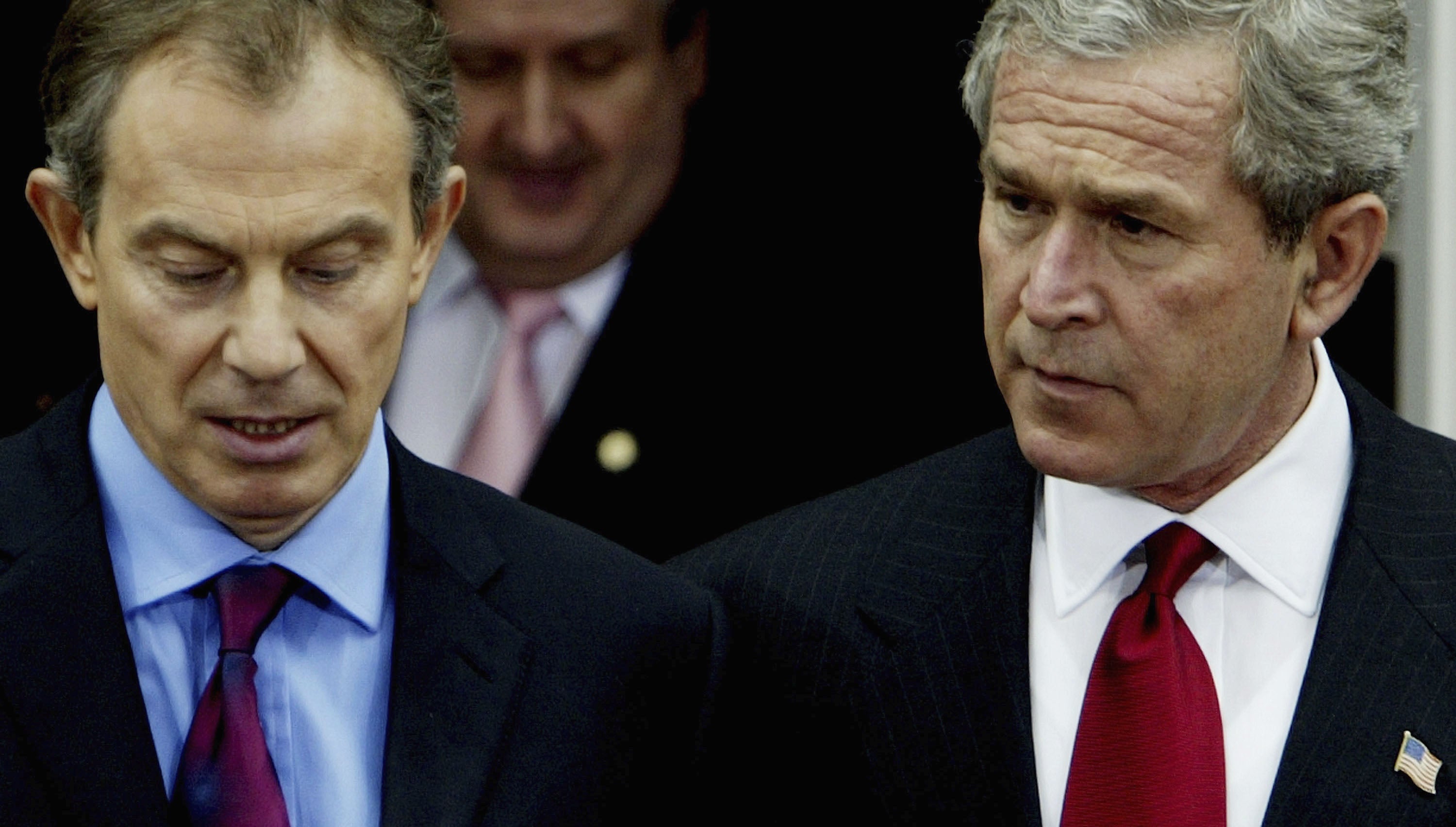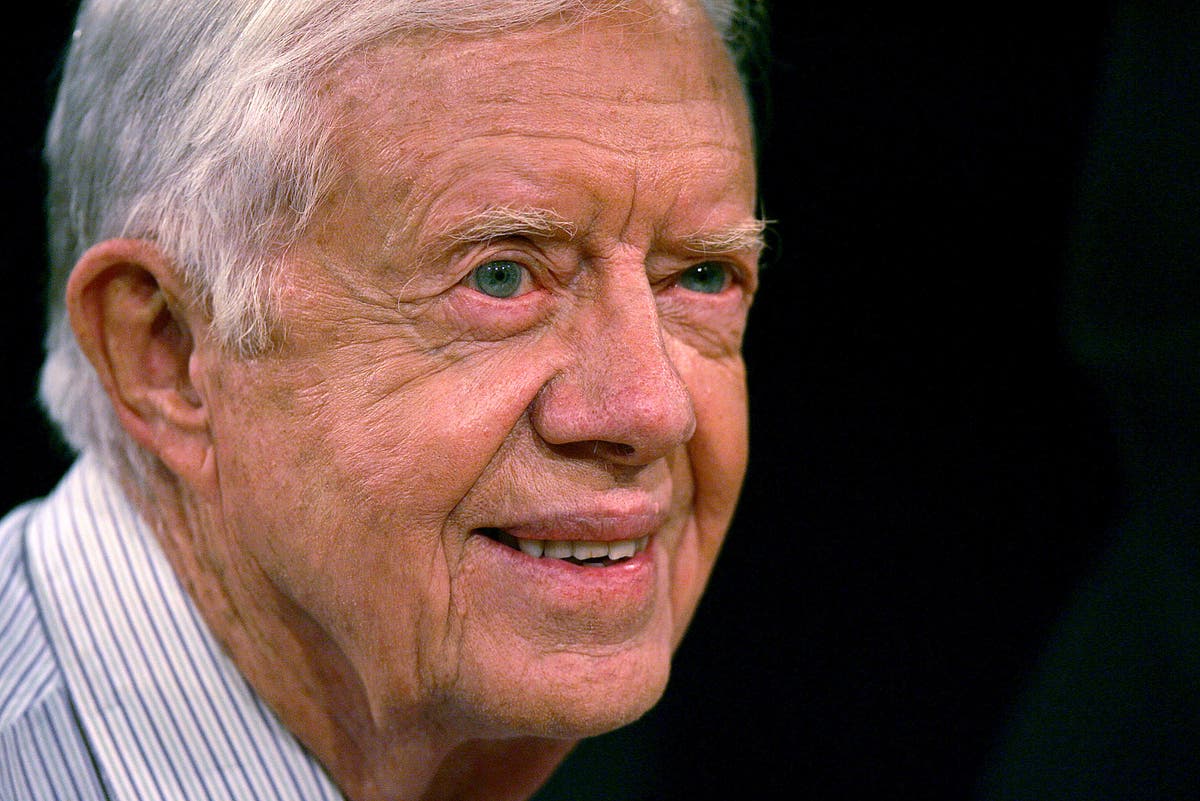The thing that sticks in my mind — even now — was the welcoming eyes and the warm smile.
He stretched out his hand to offer it in greeting and said something along the measure of: “Thanks for coming down to see us.”
Jimmy Carter — who died Sunday at his home in Plains, Georgia, at age 100 — was always known as a gentleman, a farmer from Georgia who had held the most powerful political office in the world. But it did not seem forced, it did not seem an act.
I’d flown to the offices of The Carter Center in Atlanta to interview him about his latest book, The Hornet’s Nest: A Novel of the Revolutionary War. He’d written plenty of books — he would go on to author more than 30 — but this was his first novel, one that the publisher Simon & Schuster described as “a sweeping novel of the American South and the War of Independence.”
The publisher had said: “With its moving love story, vivid action, and the suspense of a war fought with increasing ferocity and stealth, The Hornet’s Nest is historical fiction at its best, in the tradition of such major classics as The Last of the Mohicans.”

In truth, the novel had been a bit slow going, packed dense with historical detail, but when The Independent received the chance to talk about it, we leaped.
It was March 2004, a full year since George W Bush and Tony Blair launched the invasion of Iraq, sending the West’s military on what would be a disastrous and deadly war based on concocted claims and lies about Saddam Hussein’s purported arsenal of weapons of mass destruction.
We hoped the former president might be persuaded to comment. His office made clear he only wished to talk about the novel, but either way, it was going to be a chance to meet and talk to someone who had probably been more active once they left the White House than any other modern president.
I was nervous, rather in awe, and trying to act cool and professional, and suppress the voice in my head yelling: “You’re talking to the president of the United States.”
It felt so loud, I wondered if he could hear.
Carter could not have been more charming. Impeccably dressed in a blazer and tie, we sat in the airy lobby of his foundation, set on 35 acres of gardens and plants in the center of the city, and got started talking about his 465-page book about the War of Independence, which he had spent seven years researching. I had a digital recorder, which I did not trust, and — as now — was careful to take detailed shorthand notes.
His view was that historians had misunderstood the war, concluding with the surrender of the British forces under General Lord Cornwallis at Yorktown, Virginia, on October 19, 1781, and it had been essential in creating the notion of how Americans see themselves.
“This is a war that shaped the basic consciousness and character of our nation,” Carter said,
He added: “I had wanted to write a book of fiction for a long time. I had written other books before. Just as a matter of challenge, I went back to college. I got professors to give me detailed reading assignments on creative writing. My ancestors had been involved in the Revolution and because there are few books like mine, I wanted to do that.”
His organization has worked in more than 65 countries. In the foyer where we sat talking, me glancing down at the recorder, were leaflets detailing its work to counter river blindness in Guatemala, and against guinea worm disease in more than 20 African and Asian nations.
The conversation progressed. The 39th president of the United States, elected in 1976 amid the chaotic aftermath of Watergate, and serving one term before being beaten in a landslide by Ronald Reagan, continued to make his points. He was aged 79 then, yet his grip on the material was clearly enormous and potent.
Were there any lessons that could be drawn from the War of Independence for the present day, I asked. There were, said Carter. One was the need to keep and maintain allies. Had the US not secured the support of the French, the likes of George Washington might never have defeated the British army and won their independence.
Did that relate to the current situation?
“I think so. Most wars, certainly not all, could have been avoided,” he said. “There was no reason for us to become involved in Iraq last year. That was a war based on lies and misinterpretations from London and Washington, claiming falsely that Saddam Hussein was responsible for 9/11, claiming falsely that Iraq had weapons of mass destruction.”
I hoped my face did not change too obviously as I realised the man born in the village of Plains, and where he even to that day read sermons and teachings at the Maranatha Baptist Church, had just given me my story.

My fingers scrambled to scribble down everything he said, and he continued.
“President Bush and Prime Minister Blair probably knew that many of the allegations were based on uncertain intelligence and a decision was made to go to war [and then people said] ‘let’s find a reason to do so’,” he said.
“Bush Jr was inclined to finish a war … that his father had precipitated against Iraq. That commitment of Bush prevailed over the better judgment of Tony Blair, [who] became an enthusiastic supporter of the Bush policy.”
Before I could press him further, Carter said we needed to get back to talking about his book. My heart was pounding, hoping that the tape captured everything.
In the years that followed that conversation, the tone of U.S. politics in the U.S. has shifted inexorably. Donald Trump spoke in the most brutal terms of others who held the office, and he dragged the conversation down with him.
While the likes of Barack Obama sought largely to avoid personal attacks, in the presidential election of 2020, things got pretty ugly.
Yet, at the time of my interview with Carter, it was very rare for a president to speak in such terms of a successor. Two years earlier, when he received the Nobel Peace Prize in what was seen as a rebuke by the committee of U.S. plans for a yet-to-be-launched war, Carter declined to comment about Iraq.
Later, Carter, the only U.S. president not to have officially sent forces into combat, with the exception of the failed mission in 1980 to try to rescue American hostages in Iran, would in turn speak darkly of the threat he believed Trump represented to the nation. He would also repeat his criticisms of the invasion of Iraq.
Yet his comments to The Independent that morning were among his very first public remarks about the invasion of Iraq that would result in the deaths of thousands of American and British troops and hundreds of thousands of Iraqi civilians. Two days later, his comments were carried on the front page of The Independent.
Looking back, I realize Carter had said precisely as much as he wished to, and no more. It was not a question of someone being tricked into speaking out of turn.
(Thankfully, every word was captured by the recorder, as well as my notes. When I got outside in the Atlanta sunshine, I pressed the device into my ear, checking twice that the conversation had been captured before, calling my editor and grabbing a taxi to the airport.)
The former first lady, who had been married to Carter for over six decades, died at the family home in Plains, Georgia, in November 2023.
Two months earlier, she and Carter had made a surprise appearance at the Peanut Festival in Plains, riding in an SUV and waving to the crowd.
Carter, who described his late wife as “my equal partner in everything I ever accomplished,” entered hospice in February 2023.
He marked his 100th birthday in October 2024, surrounded by his loved ones.
My interview with the president in 2004 lasted more than half an hour.
When it came to bid farewell, the president smiled: “I’ve enjoyed our conversation.”

